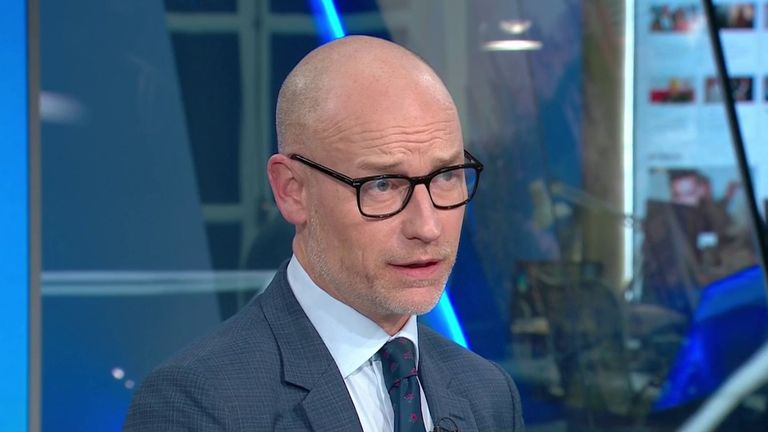Rachel Reeves is bracing for mounting pressure on the nation’s strained public finances, as the government weighs potential pay rises for millions of public sector workers in a bid to stave off further strike action.
Public sector pay review bodies have recently proposed pay increases of up to 4 percent for teachers and 3 percent for National Health Service (NHS) workers — substantially higher than the 2.8 percent raise the government had budgeted for. The unexpected recommendations could create a major financial headache for ministers seeking to manage a delicate fiscal balance.
Care Minister Stephen Kinnock confirmed that the government will give “careful consideration” to the suggested increases but stressed the importance of maintaining financial discipline. A flat-out rejection of the proposals could ignite a new wave of disruptive strikes, potentially grinding public services to a halt.
However, even agreeing to the pay reviews may not settle the issue. Unions are poised to resist any settlement that relies on cuts to school or health service budgets to fund the raises. Such a move could lead to continued unrest across key public sectors.
Mr. Kinnock acknowledged receipt of the recommendations, and commented on the difficult path ahead.
“We’re all about putting more money into the pockets of working people, but we do also have to ensure that we are balancing the books, and we’ve got to work in terms of public sector pay within fiscal constraints.
“So, of course, we will give these recommendations careful consideration. But I would, of course, also urge our colleagues in the trade union movement to engage constructively with us and recognise the reality of the financial position.”
Stephen Kinnock

Speaking in an interview, Kinnock cited a successful deal with junior doctors that managed to move them “off the picket line and onto the front line,” contributing to reductions in patient waiting lists.
“Absolutely nobody wants to have strike action,” Kinnock emphasized.
Pay Dispute Complicated By Growing Deficit
The public sector pay dilemma surfaces just days after official data showed the government borrowed nearly £15 billion more than anticipated. Last year’s higher-than-planned pay awards and a surge in benefit spending fueled the unexpected debt spike, raising further alarm over the country’s fiscal trajectory.
Earlier this year, the Treasury made it clear that there would be no additional central funding for pay rises beyond the already allocated 2.8 percent. Should ministers approve higher wages, the extra money must be carved out of existing departmental budgets — a scenario that has already sparked fierce opposition.
Union responses to the pay recommendations have been swift and biting. Unite, one of the UK’s largest unions, slammed the offer as “insulting,” while the National Education Union warned that it was “putting the government on notice” that the proposed figures were insufficient.
The brewing pay battle adds another layer of complexity to an already volatile political and economic landscape. As ministers attempt to navigate between fiscal responsibility and industrial peace, the coming weeks could determine whether the government can avoid further crippling disruptions in public services.
READ ALSO: Ghana’s IMF Programme: Progress Made, but Tough Decisions Await




















